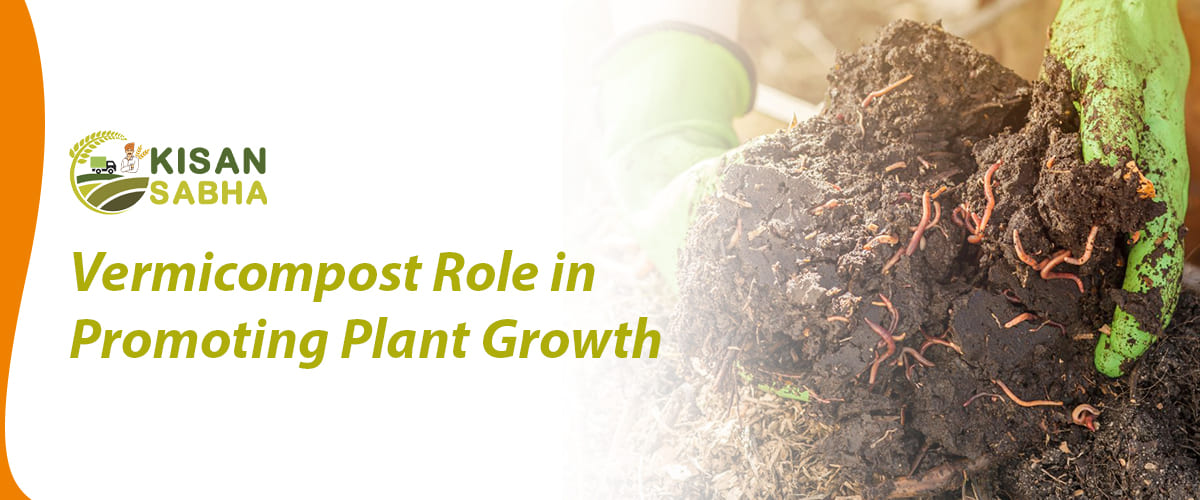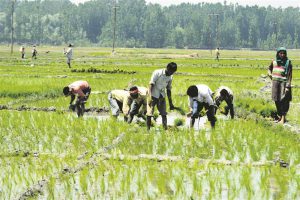Vermicompost, a type of organic fertilizer, has gained significant attention in recent years due to its numerous benefits in promoting plant growth. This natural and sustainable approach to farming harnesses the power of earthworms and beneficial microbes to convert organic waste into a nutrient-rich fertilizer. In this article, we will explore the role of vermicompost in plant growth promotion, highlighting its ability to supply essential nutrients, improve soil structure, enhance microbial activity, and produce plant growth regulators. By understanding the mechanisms behind vermicompost’s efficacy, we can fully appreciate its potential as a viable alternative to conventional fertilizers.
Features of Vermicompost’s
Nutrient Supply
Vermicompost serves as a valuable source of nutrients for plant growth. It contains a balanced combination of essential elements, including nitrogen (N), phosphorus (P), and potassium (K), as well as secondary and micronutrients. The nutrients in vermicomposts are readily available to plants and are released slowly, providing a sustained source of nourishment. This slow-release characteristic ensures that plants receive a continuous supply of nutrients, reducing the risk of nutrient leaching and promoting healthy growth.
Soil Structure Improvement
One of the key advantages of using vermicompost is its ability to improve soil structure. The rich organic matter in vermicompost enhances soil’s water-holding capacity, allowing roots to access moisture during periods of drought. Additionally, vermicompost improves soil aeration and drainage, preventing waterlogging and root rot. The improved soil structure also promotes root development, enabling plants to absorb nutrients efficiently.
Microbial Activity
Vermicompost promotes the proliferation of beneficial soil microorganisms, such as bacteria, fungi, and actinomycetes. These microorganisms play a vital role in nutrient cycling and plant health. These microbes facilitate the decomposition of organic matter in vermicompost, releasing nutrients from organic compounds and making them available to plants. Furthermore, beneficial microbes in the soil help suppress harmful pathogens, protecting plants from diseases.
Also Read:- Six Indicators of Soil Health for Maximum Productivity
Plant Growth Regulators
Vermicompost contains plant growth regulators, including auxins, gibberellins, and cytokinins. These natural hormones regulate various aspects of plant growth and development, such as cell division, elongation, and flowering. These plant growth regulators in vermicompost can positively impact plant growth by stimulating root growth, promoting shoot elongation, and enhancing overall plant vigor.
Environmental Benefit
Apart from its plant growth promotion properties, vermicompost offers several environmental benefits. By diverting organic waste from landfills and converting it into valuable fertilizer, vermicomposting helps reduce methane emissions and minimizes the environmental impact associated with waste disposal. Additionally, the use of vermicompost reduces the reliance on synthetic fertilizers. These fertilizers can have adverse effects on soil health and water quality.
Conclusion
Vermicompost plays a crucial role in promoting plant growth through nutrient supply, soil structure improvement, microbial activity enhancement, and the production of plant growth regulators. Its sustainable and eco-friendly nature makes it an attractive alternative to conventional fertilizers. By incorporating vermicompost into farming practices, we can harness the power of nature. It will further enhance crop productivity while minimizing environmental impact. Also, research and awareness about vermicompost’s potential are essential to promote. Its widespread adoption and contribution to a more sustainable and resilient agricultural system are exceptional.





